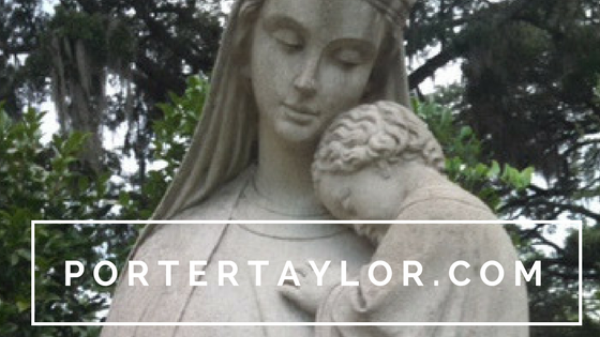Things That Last
This weekend Jo and I went to the National Arboretum. Created in 1927 it’s in the Northeast corner of the District of Columbia and covers 446 acres. Because it’s February (even though it was 65 degrees Saturday) not much was in bloom, but being there was stunning.
What captured my attention was the Bonsai Exhibit. As I was walking through mesmerized by these small gorgeous plants, I saw a Japanese White Pine that was first planted (if that’s the right word) in 1625. That’s the same year (according to the source of all knowledge—Wikipedia) that New Amsterdam (which became New York City) was established.
This small plant has lived through changes and changes: regimes, countries, technologies, even the atomic bomb (the tree was donated in 1979 but was only two miles from the bomb in Hiroshima in 1945)—all of it. People have cared for it and nurtured it and pruned it so that it’s here.
As I gazed at it, I wondered, in this time of noise and conflict; in this era of change and technology, what will last for six centuries or for one or for another generation? And I liked that what was there wasn’t a building but a plant. It wasn’t a monument but an organism that needs attention. It wasn’t something generations could ignore, but this living tree that had to be cared for with detailed attention.
I have become weary of the noise of the news cycle that takes my energy and attention but has so little substance over the long haul. Instead I find myself reading The Divine Comedy—a text older than the bonsai---and looking at plants that predate the founding of this country. Both are alive and both have something to say that sustains me.
I am not declaring a separate peace from the political scene. There is too much at stake. However, I am saying that for the long-haul I need to see and read and be touched by things that are true and connect with something that has lasted over time. The bonsai and Dante reminded me of how essential it is to be anchored in something bigger than this moment and to focus on the quality and nature of our work so that we might do something for which future generations will give thanks.
+Porter
